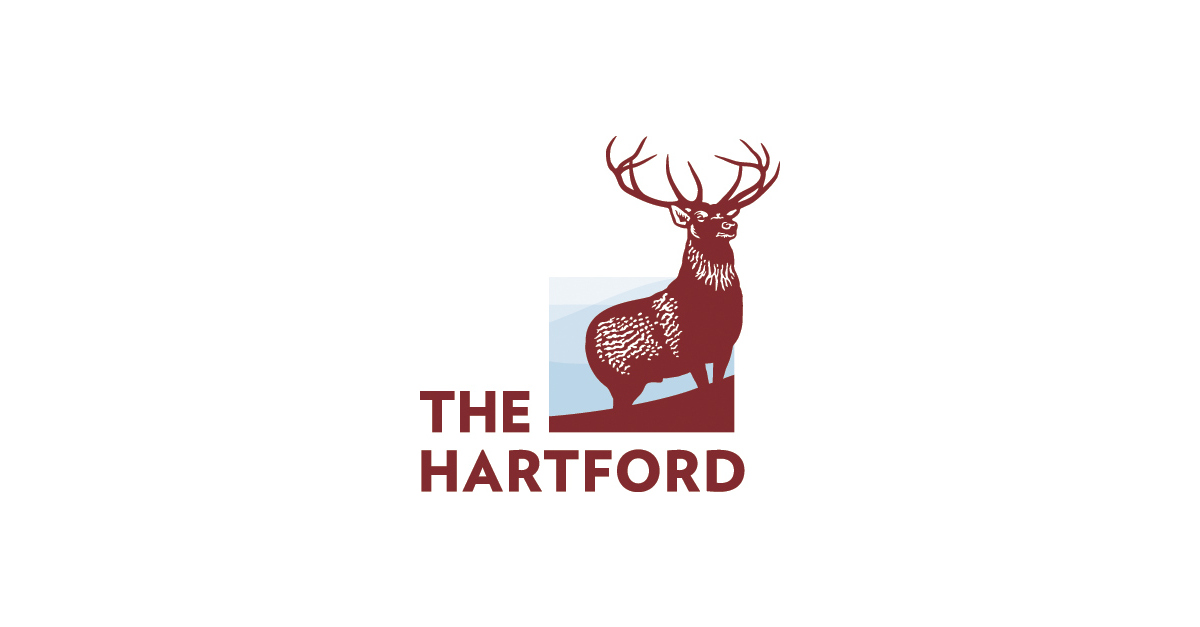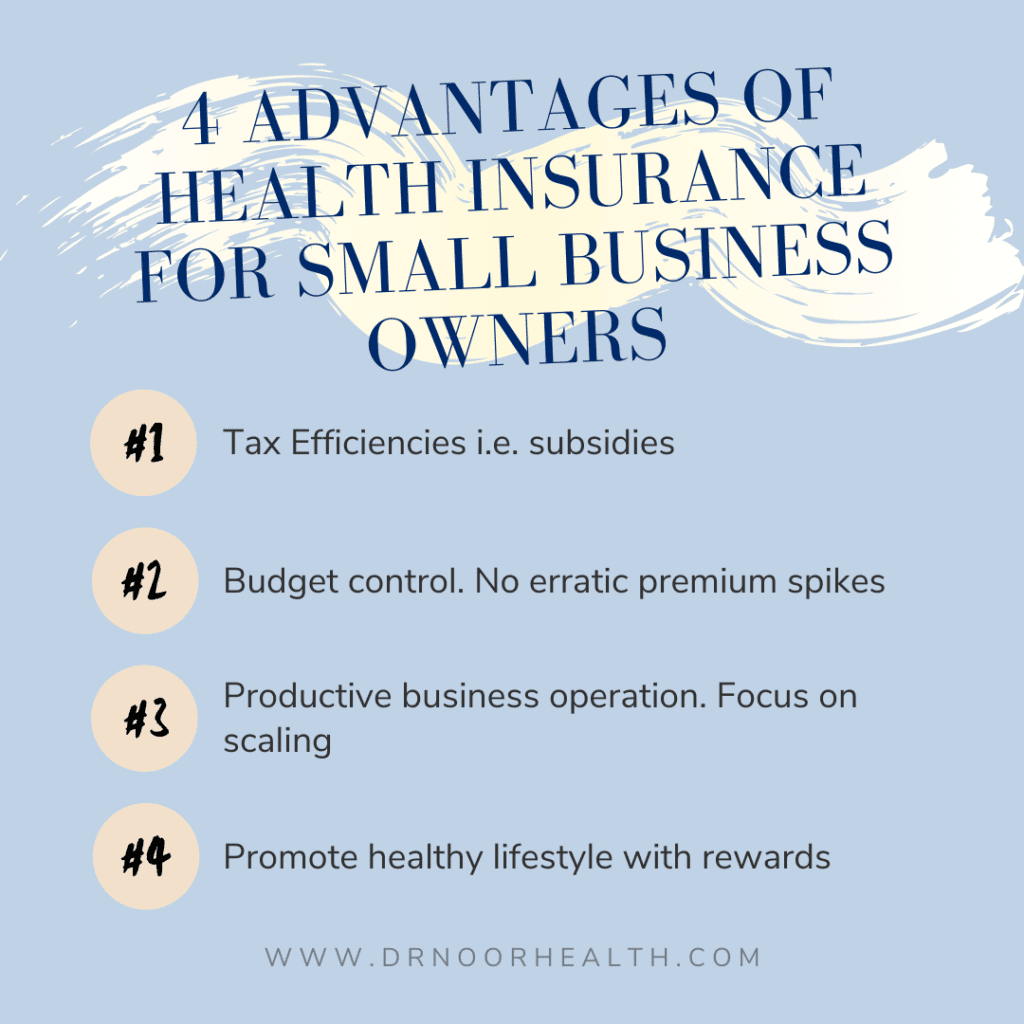Introduction
Maryland is a state that’s brimming with entrepreneurial spirit and an array of resources to help small businesses thrive. One of the most crucial aspects of starting or growing a small business is access to capital and the Maryland small business loans available for entrepreneurs provide a helping hand in this regard. These loan programs offer various options tailored to meet the diverse needs of small businesses at different stages of their journey. Whether it’s a budding entrepreneur looking to launch their dream venture or an established business seeking to expand its operations, Maryland has a loan program to fit the bill.
With a plethora of options to choose from, navigating the Maryland small business loan landscape can be daunting. However, fret not! We’ve compiled a comprehensive guide to assist you in unlocking the potential of these loan programs. From eligibility criteria to application processes and repayment terms, we’ll delve into every aspect to empower you in making informed decisions about financing your small business endeavors.
Maryland Small Business Loans: A Comprehensive Guide
Are you a small business owner in Maryland looking for funding to grow your company? If so, you may be wondering what options are available to you. This article will provide an overview of the various Maryland small business loans that are available, as well as the different types of lenders that offer them. We’ll also discuss the application process, eligibility requirements, and interest rates so that you can make an informed decision about which loan is right for your business.
Maryland Small Business Development Financing Authority (MSBDFA)
The MSBDFA is a state-sponsored agency that provides loans of up to $5 million to small businesses in Maryland. The MSBDFA offers a variety of loan programs, including:
- Working Capital Loans: These loans can be used to finance the day-to-day operations of your business, such as inventory, payroll, and marketing.
- Equipment Loans: These loans can be used to purchase equipment, such as machinery, computers, and vehicles.
- Real Estate Loans: These loans can be used to purchase or refinance commercial real estate.
To be eligible for an MSBDFA loan, your business must meet the following requirements:
- Be a for-profit business.
- Be located in Maryland.
- Have a strong credit history.
- Demonstrate a need for financing.
The MSBDFA loan application process is relatively straightforward. You will need to submit a business plan, financial statements, and a personal guarantee. The MSBDFA will then review your application and make a decision on whether or not to approve your loan.
Maryland Small Business Loans: A Comprehensive Guide
Are you a Maryland-based entrepreneur seeking financial assistance to fuel your business’s growth? Several loan programs are available through the Maryland Department of Commerce and other reputable lenders to help you get started or expand your operations. This comprehensive article delves into the various loan options tailored to meet the unique needs of Maryland small businesses
Maryland Department of Commerce
The Maryland Department of Commerce stands at the forefront of supporting small businesses through its diverse loan programs. The Small Business Loan Program provides loans of up to $500,000 to businesses with fewer than 500 employees and less than $25 million in annual revenue. This program offers flexible terms, low interest rates, and can cover a range of business expenses, including equipment purchases, working capital, and expansion costs.
The Rural Business Loan Program is designed specifically for businesses located in rural areas of Maryland. It offers loans of up to $250,000 to businesses with fewer than 50 employees and less than $5 million in annual revenue. This program is particularly beneficial for businesses operating in areas with limited access to traditional financing
Other Loan Options
In addition to the Maryland Department of Commerce, numerous other lenders offer loan programs tailored to small businesses. These lenders include banks, credit unions, and non-profit organizations. Each lender has its own eligibility criteria, loan terms, and interest rates. It’s crucial to research and compare different loan options to find the one that best suits your business’s needs
For example, the Small Business Administration (SBA) offers several loan programs for small businesses, including the 7(a) loan program, which provides loans of up to $5 million for a variety of business purposes. The SBA also offers the 504 loan program, which provides loans of up to $5.5 million for the purchase of real estate or fixed assets.
Tips for Getting Approved
To increase your chances of loan approval, it’s essential to prepare a solid business plan outlining your business goals, financial projections, and how you will use the loan funds. Strong financial statements, including balance sheets and income statements, are crucial in demonstrating your business’s financial health. Additionally, building a strong credit history and relationships with lenders will enhance your chances of securing favorable loan terms
Conclusion
For Maryland small businesses, accessing capital is vital for growth and success. By leveraging the various loan programs available through the Maryland Department of Commerce and other lenders, you can fuel your business’s aspirations and drive economic development within the state. Remember to thoroughly research different loan options, prepare a compelling application, and build strong relationships with lenders to increase your chances of loan approval. With the right financial support, your Maryland small business can thrive and contribute to the state’s vibrant economy.
Maryland Small Business Loans: A Lifeline for Entrepreneurs
Maryland is a thriving hub for small businesses, and access to capital is crucial for their success. If you’re an aspiring or established entrepreneur in Maryland, you’ll be thrilled to learn about the various loan programs available to help you grow your business.
Local Government Small Business Loans
Local Government Small Business Loans
Many local governments in Maryland offer their own small business loan programs. These loans are typically designed to support businesses in specific industries or areas, and they often come with favorable interest rates and flexible repayment terms. To find out if your local government offers a small business loan program, contact your city or county’s economic development office.
Statewide Small Business Loans
Statewide Small Business Loans
The Maryland Department of Commerce offers a number of statewide small business loan programs. These programs are designed to help businesses with startup costs, equipment purchases, and working capital. To learn more about these programs, visit the Maryland Department of Commerce website.
Federal Small Business Loans
Federal Small Business Loans
The Small Business Administration (SBA) offers a variety of loan programs for small businesses nationwide. These loans are typically used for startup costs, expansion, and refinancing. To learn more about SBA loans, visit the SBA website.
Private Sector Small Business Loans
Private Sector Small Business Loans
In addition to government-backed loans, there are also a number of private sector lenders that offer small business loans. These lenders typically have higher interest rates and stricter repayment terms than government-backed loans, but they may be a good option for businesses that don’t qualify for government loans. To find a private sector lender, contact your local chamber of commerce or bank.
Securing a small business loan can be a daunting task, but it’s an essential step for many entrepreneurs. By exploring the various loan programs available in Maryland, you can find the right loan to help you grow your business and achieve your financial goals.
Maryland Small Business Loans
Businesses can find it difficult to secure financing, especially small ones. But resources are available to help Maryland small business owners get the funding they need. This article will provide an overview of different loan programs available to small businesses in Maryland.
Federally Guaranteed Small Business Loans
The federal government offers a variety of loan programs for small businesses, including the Small Business Administration (SBA) 7(a) loan program and the SBA 504 loan program. These loans are backed by the federal government, which makes them less risky for lenders. As a result, businesses may qualify for lower interest rates and longer repayment terms.
State-Guaranteed Small Business Loans
Many states, including Maryland, offer their own small business loan programs. These programs typically provide loans to businesses that are unable to qualify for traditional bank loans. The qualifications for these loans vary from state to state, but they typically consider factors such as the business’s credit history, cash flow, and collateral.
Local Small Business Loans
Some local governments also offer small business loan programs. These programs can be a good option for businesses that are located in economically distressed areas. The qualifications for local small business loans vary from program to program, but they typically consider factors such as the business’s location, the number of employees, and the owner’s personal credit history.
Non-Profit Small Business Loans
Non-profit organizations also offer small business loans. These loans are typically made to businesses that are owned by minorities, women, or veterans. The qualifications for non-profit small business loans vary from organization to organization, but they typically consider factors such as the business’s mission, its financial history, and its potential for growth.
Crowdfunding
Crowdfunding is a way to raise money from a large number of people, typically through an online platform. This can be a good option for businesses that are unable to qualify for traditional loans or that are looking to supplement their existing financing. However, it’s important to remember that crowdfunding is not a guarantee of success. Businesses that choose to crowdfund must be prepared to put in the time and effort to market their campaign and attract investors.
Maryland Small Business Loans: A Comprehensive Guide
Are you a small business owner in Maryland seeking funding for your venture? If so, you’re not alone. Many small businesses face challenges in accessing traditional financing options. But fear not! Maryland has a wealth of resources and alternative financing options available to help you kickstart or expand your business. Let’s dive into the details to empower you on your financial journey.
Traditional Loan Options
Traditional loans from banks and credit unions are a primary source of funding for small businesses. These loans typically require strong credit history, collateral, and a solid business plan. The application process can be lengthy, and interest rates vary depending on factors like the loan amount and your business’s risk profile.
Alternative Financing Options
Beyond traditional loans, Maryland offers a wide range of alternative financing options that cater to the diverse needs of small businesses. These options include:
-
Venture Capital: This funding is typically provided by professional investors to businesses with high-growth potential. In exchange for equity in your company, venture capitalists provide substantial capital and mentorship.
-
Angel Investing: Angel investors are individuals who invest their own money in early-stage businesses. They often seek businesses with a strong team, a compelling product or service, and a realistic business plan.
-
Crowdfunding: Crowdfunding platforms allow you to raise funds from a large number of individuals online. This can be a suitable option for businesses looking to test new products or services or cover smaller expenses.
-
Government Grants: Various government agencies offer grants to small businesses for specific purposes, such as research and development or hiring employees. These grants typically don’t require repayment, making them a valuable resource.
-
SBA Loans: The Small Business Administration (SBA) offers loan guarantees to small businesses through a network of participating lenders. SBA loans often have lower interest rates and longer repayment terms than traditional loans, making them attractive options for businesses with less-than-perfect credit or collateral.
-
Community Development Financial Institutions (CDFIs): CDFIs are non-profit lenders that focus on providing financing to underserved communities and small businesses. They may offer flexible loan terms and technical assistance to help businesses succeed.
Choosing the Right Option
The best financing option for your small business depends on your specific circumstances and needs. Factors to consider include the amount of funding required, the repayment terms, the potential equity dilution (for alternative financing options), and your business’s financial health. It’s advisable to research and compare different options to find the most suitable one.
Additional Resources
In addition to the financing options discussed above, Maryland offers a range of resources to support small businesses:
-
Maryland Small Business Development Center (SBDC): The SBDC provides free business counseling, training, and networking opportunities to small businesses throughout Maryland.
-
Maryland Department of Commerce: The Department of Commerce offers programs and incentives to support small business growth and expansion.
-
Maryland Economic Development Association (MEDA): MEDA is a non-profit organization that advocates for small businesses and provides resources to help them thrive.




Leave a Reply